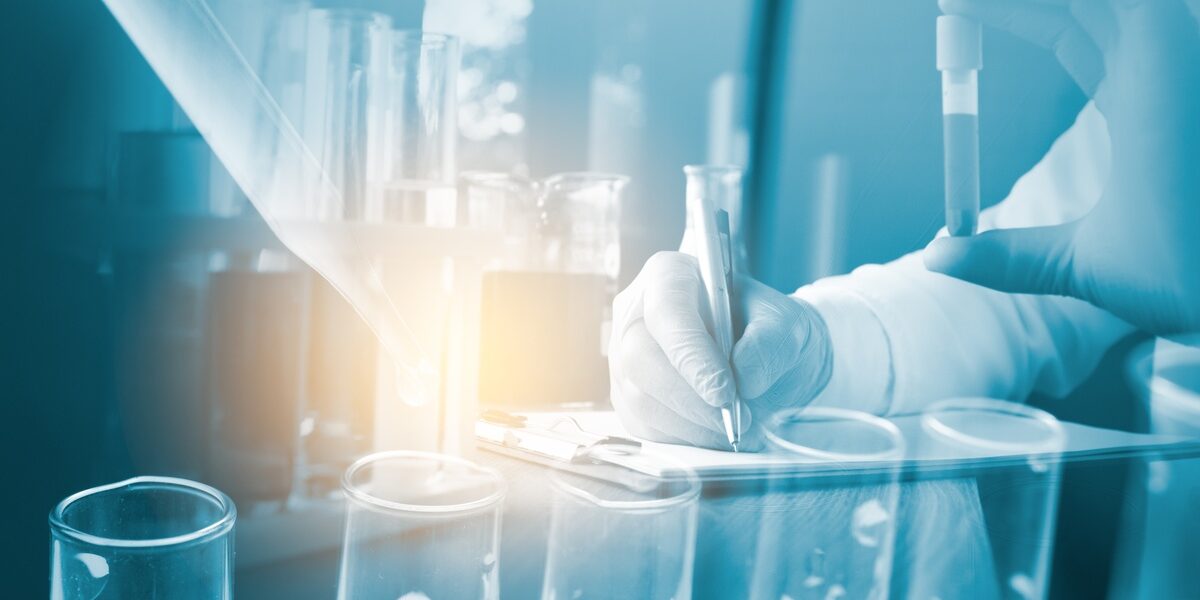Wet chemical analysis is a foundational technique in laboratories across numerous industries. Pharmaceutical manufacturers, environmental scientists, food and beverage processors, and materials developers rely on these methods to evaluate chemical compositions, verify product quality, and ensure compliance with regulatory standards. This introduction to wet chemical analysis will explain how professionals use this hands-on process to deliver accurate, reliable results and maintain the integrity of their operations.
The Process of Wet Chemical Analysis
At its core, wet chemical analysis involves basic chemical principles. It entails dissolving samples in suitable solvents, making it possible to conduct a range of reactions and measurements. Common techniques include titration, gravimetric analysis, and precipitation.
For example, titration requires adding a known reagent to a solution until a reaction occurs, allowing for exact quantification of an unknown substance. Gravimetric analysis, on the other hand, measures the mass of a product formed during a reaction, often delivering incredibly accurate results.
Each step in the process is a carefully controlled one, from reagent preparation to temperature management. Factors such as pH, contamination risk, and reaction speed play critical roles in securing reliable results. Even with advancements in technology, wet chemistry remains a go-to method due to its affordability, simplicity, and ability to detect trace components within complex mixtures.
Applications in Industry
An introduction to wet chemical analysis wouldn’t be complete without exploring the various fields that use these methods. Wet chemical analysis directly measures reactions, so it suits applications where instrumental techniques might fall short, such as when working with trace or reactive elements. Consider the following applications:
- Chemical manufacturers rely on this analysis to confirm the proper composition of raw materials and final products.
- Water quality testing frequently employs wet chemical analysis methods to assess contamination from metals or other pollutants.
- Agricultural industries use it to evaluate soil profiles
- Pharmaceutical companies depend on it to verify drug formulations.
Expertise in Chemical Analysis Services
While wet chemical analysis offers a reliable approach, the process requires significant expertise to execute effectively. Professionals trained in laboratory techniques and chemical principles perform these analyses with precision, ensuring accuracy and compliance with industry standards.
Chemical analysis services conducted by experts, such as Capital Resin Corporation, provide several advantages. Professionals provide companies with access to state-of-the-art facilities and specialized knowledge.
With Capital Resin, the experienced team members in our Quality Control and Research & Development labs use innovative technology and techniques to conduct hands-on, accurate chemical testing. As a result, we help you understand your product’s chemical makeup, compare different products’ quality, and determine how to enhance batch yields and times.
The Value of Comprehensive Knowledge
Ultimately, analysis professionals streamline testing procedures by reducing processing times and ensuring adherence to strict client specifications. Whether verifying a material’s purity or detecting contaminants, experts eliminate uncertainty through high-quality testing, granting businesses confidence in their results.
Wet chemical analysis continues to play a vital role in modern science and industry. Its adaptability and precision make it an enduring choice for assessing materials and ensuring quality control. When you partner with skilled professionals, you can leverage the advantages of this classic method and achieve reliable insights vital to your operations.







